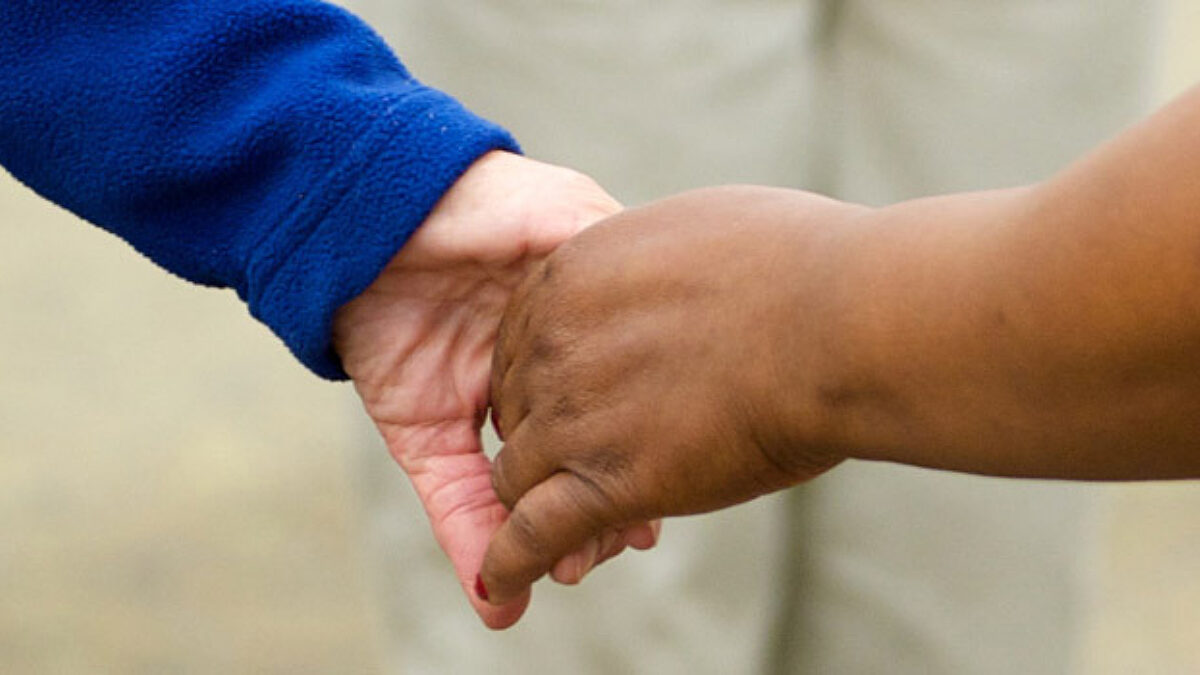
Advocate’s South Carolina Stories of Racial Awakening Project: Narrative 8
Six good men
By Robert Scarborough
Editor’s note: The following is the eighth narrative accepted for publication in the Advocate’s new South Carolina Stories of Racial Awakening Project. The Advocate will select as many as 10 narratives to be published in the Advocate, one a month for 10 months. See guidelines, here.
I was a college graduate just returning to Orangeburg from an eye-opening adventure with one of the “Big Eight” accounting firms in Atlanta. It had been the classic country boy going to town. There were more folks living in my apartment complex than in the town of North, where I grew up. In Orangeburg, I went to work for a local accounting firm and began getting involved with the prevailing civic interest.
It was the early- to mid-1970s, and the issues of the day included civil rights, desegregation of public schools, the women’s movement, the end of the Vietnam War, Watergate and the 1973 oil crisis. Of course for a 20-something single man, these global issues did not occupy all of my attention. The same things consumed my life that were consuming most other 20- to 29-year-old lives, as well.
As I became a part of the Orangeburg community, circumstances evolved, and I became one of about eight or 10 young men that found themselves with a group of six men in their 50s as unofficial mentors. The six older men happened to be three African Americans and three Caucasians. They included two attorneys, an egg farmer, a university administrator, a real estate and investment counselor and a small business owner.
They basically said that we younger guys needed to know something about community interests, communicating with different kinds of folk and a practical history of how we had arrived at this point in time. They believed that we younger guys would make better future decisions if we understood a little more about how the six lives that they had lived had unfolded. The younger men were racially diverse, as well, and were working in a wide range of occupations.
So how did they do that? Over the next few years they invited us to business lunches and civic meetings with them. They took us to a variety of churches so we could see that all people did not worship exactly the same way. They exposed us to some of the behind-the-scenes discussions and concerns on racial matters. Many communities were quietly trying to improve race relations safely, sincerely and swiftly. These six men were among those working for a better tomorrow.
You really thought you were learning from the Master when one of them would invite you and maybe one or two others to join with three or four of the older guys for dinner at the restaurant on Goat Island on Lake Marion. It was about 30 miles from Orangeburg, so if you went that far out of town for dinner, it must a place where something important was going to be discussed. Man, we ate that up, literally and figuratively.
We were made aware of the big-picture issues, like voting opportunities and fair hiring practices. We were also coached in not only making something look right, but making it actually be right. We learned how to plan an event that would include a diverse set of presenters and avoid any stereotypical assignments. They drilled into us such mundane items as seating arrangements and menu items. The more often folks were brought together under pleasant circumstances, the more natural everyone felt. The more natural and comfortable everyone felt, the more accomplishments we hoped to achieve in the time to come.
Our racial awakening came as we learned from a diverse set of community builders and healers that we are much better together than we are segregated. We were awakened to the fact that we all seek the same things for our children, grandchildren and communities. We all want economic prosperity, educational excellence and neighborly acceptance and friendship. Racial difference should be among the least of our concerns.
The younger men have gone on to an array of different jobs and professions. But just about all of us have served a diverse public in some capacity along the way. Some were elected to public office, and others have served on public boards or commissions. We learned from these older men that we had been blessed greatly and that some time spent on the public’s behalf was just the right thing to do.
But most of all, we were awakened to the fact that God created one race, the human race. God used six good men to make a difference in a future generation.
Scarborough, age 69, is a white male and a member of Bethel UMC, Pelion.